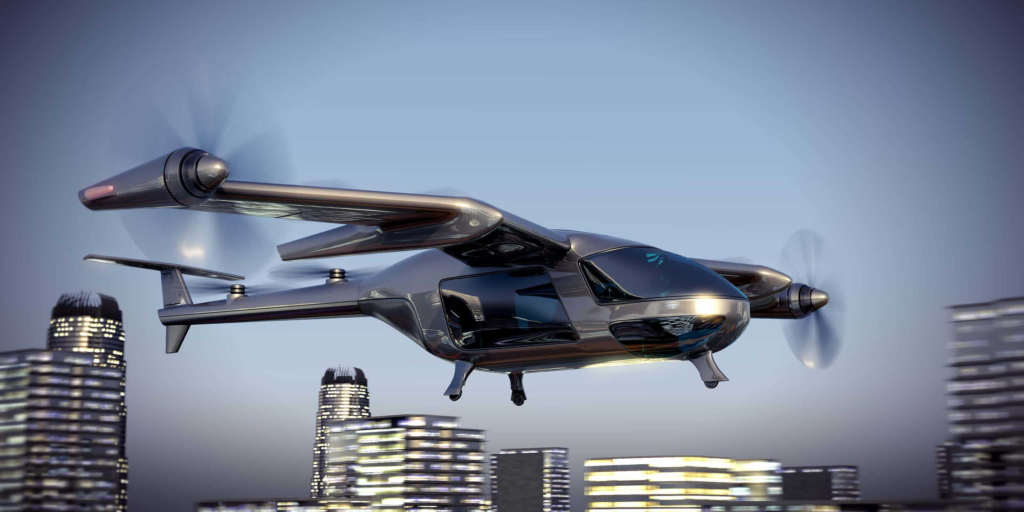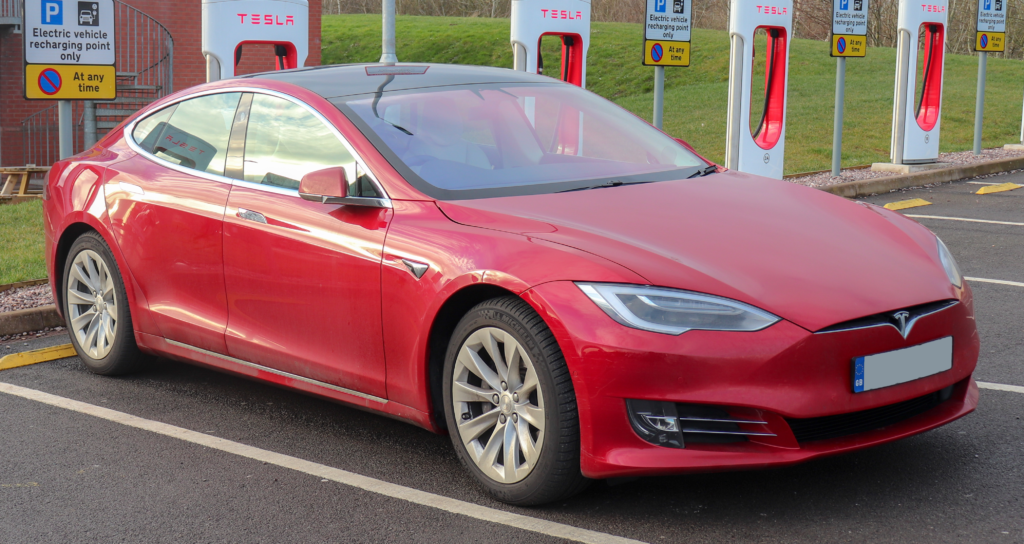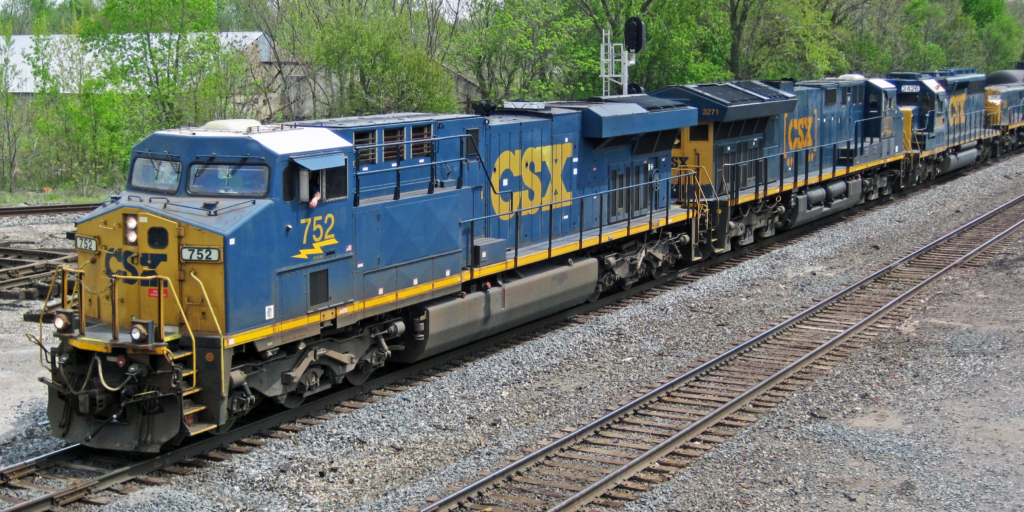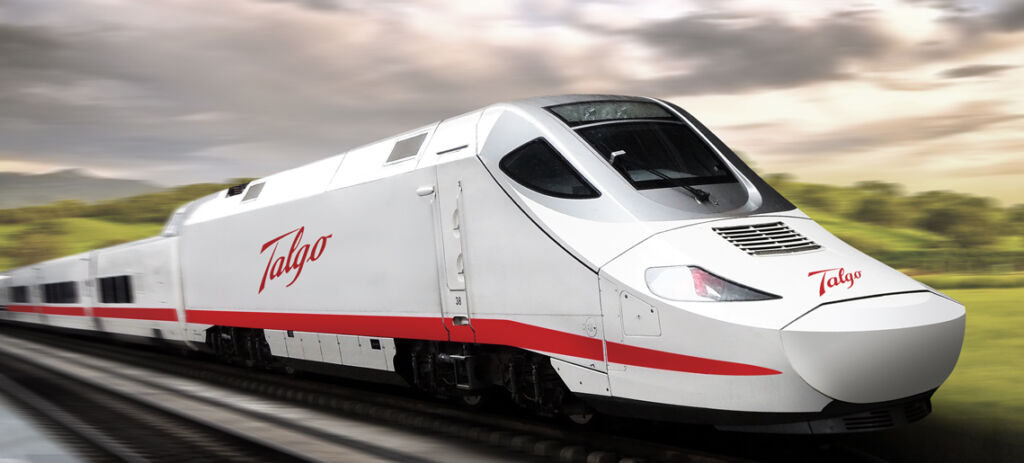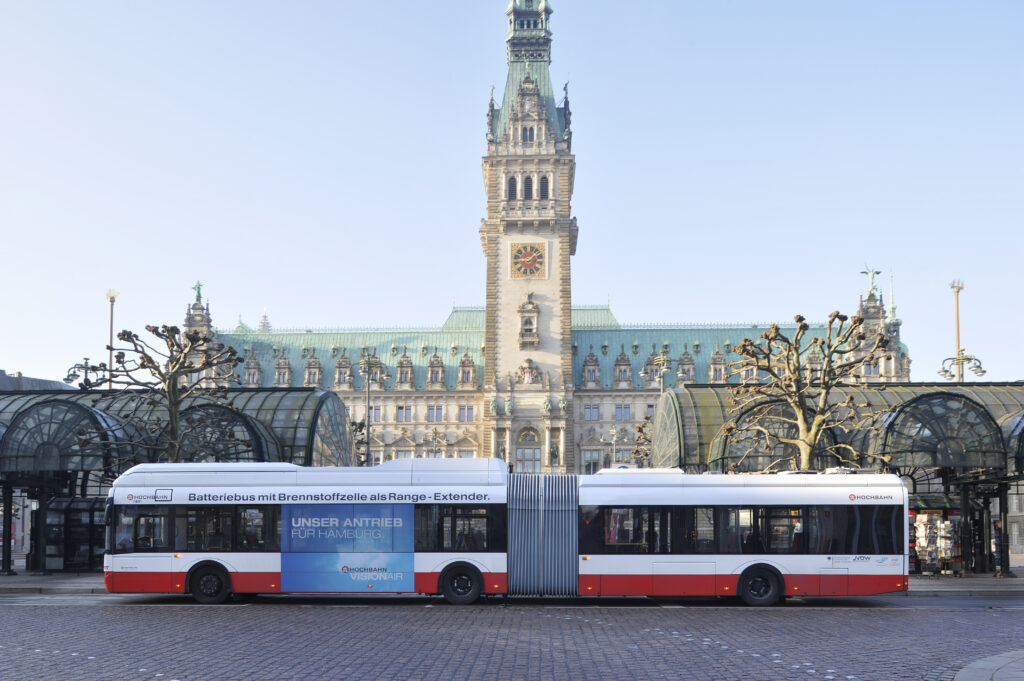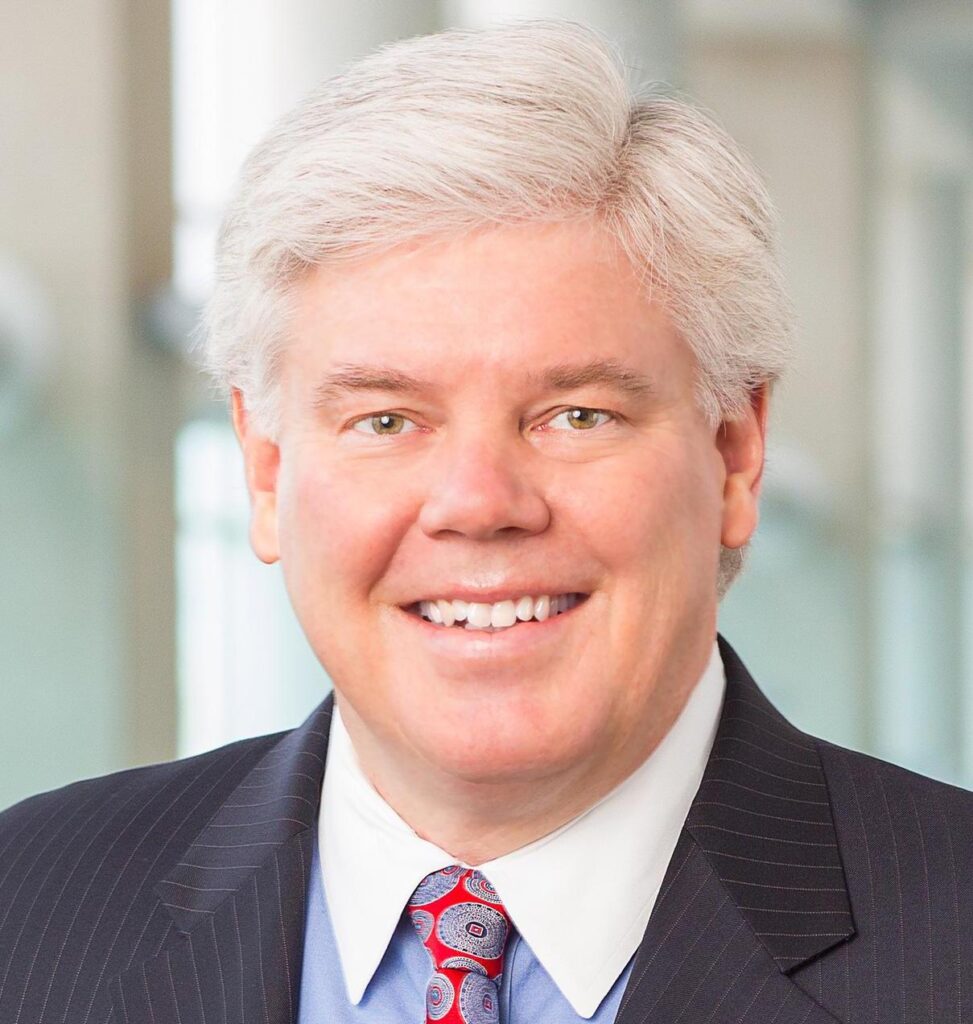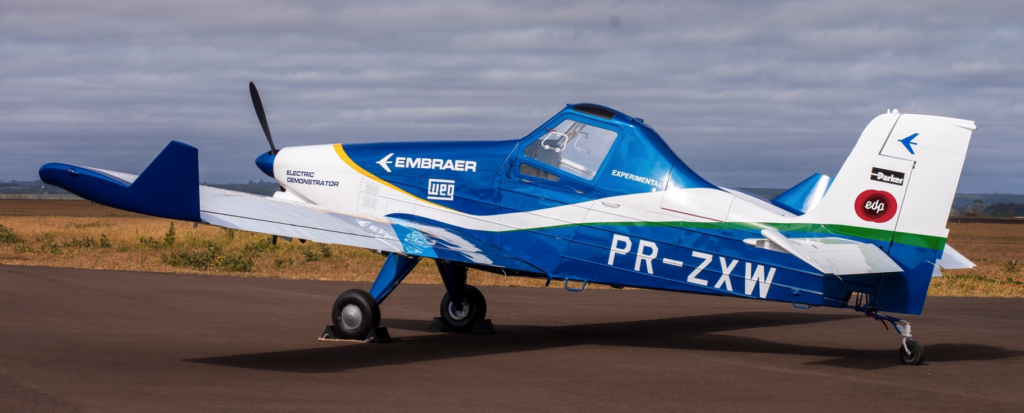New Honeywell Turbogenerator Will Run on Biofuel and Power Hybrid Electric Aircraft
PHOENIX, March 8, 2021 /PRNewswire/ -- Honeywell (NYSE: HON) announced it is developing a power source for hybrid-electric aircraft, planned for demonstration later this year. At 280 pounds, the Honeywell 1-Megawatt generator weighs about the same as a…
